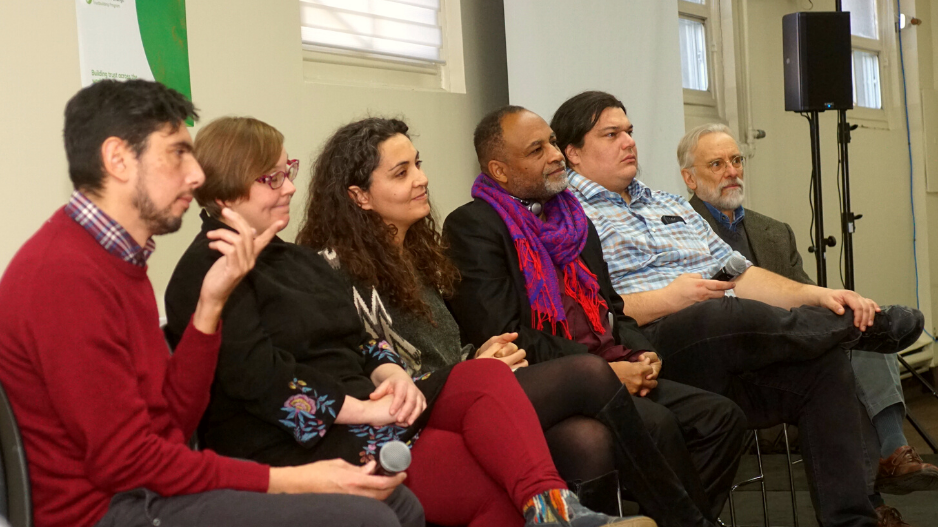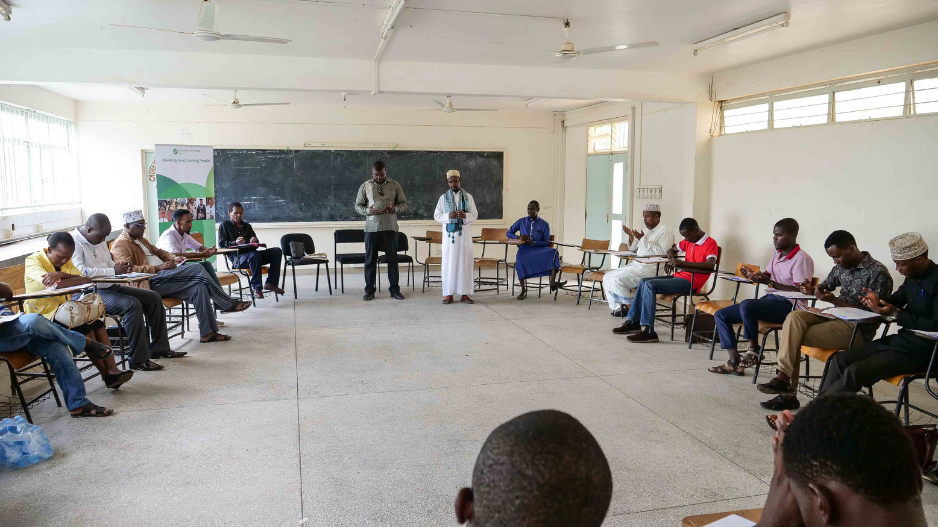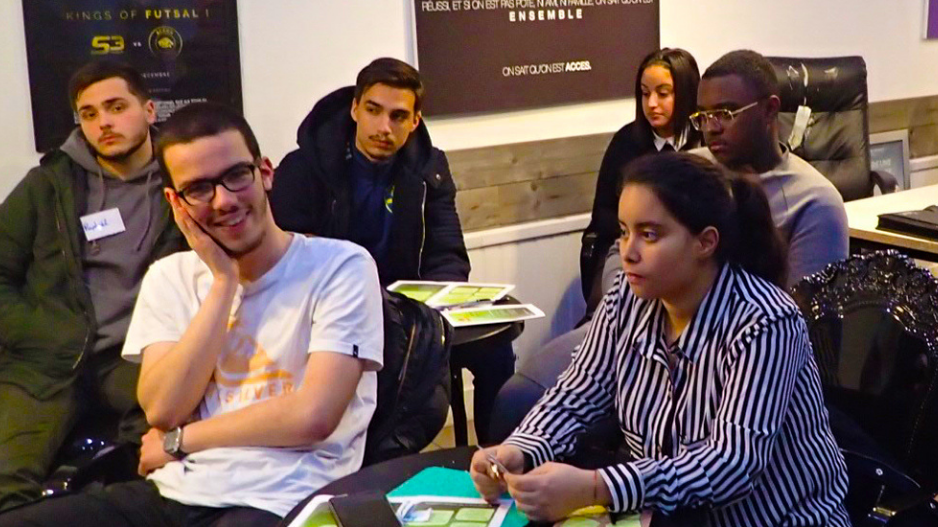The project in Canada aims to create safe spaces for honest conversations between different groups who are willing to face the issues dividing Quebec society. They are working to provide concrete tools and methodologies to address ignorance, as well as build joint action through mutual understanding of historical events, socio-political realities, and experiences underlying the current society.
The core impacts the project will make is improving social cohesion, reducing discrimination and enhancing trust between various divided communities in Quebec. Through two training sessions, 20-25 people will increase their skills and knowledge in trustbuilding which will enable them to be better equipped to have a meaningful transformative impact on their communities and in Quebec society. Of those people, 5/ 6 will become trainees in order to train others in trustbuilding. By having more skilled people, there will be an increased presence of trustbuilding resources in various communities dealing with issues causing division.
Benefits
- The Trustbuilding Program has helped Initiative of Change Canada come together with a specific focus, meaningful activities and the team are quickly becoming known in Quebec as an organisation able to bring together a diverse group of people. There is a team operating out of the office in Montreal with a concrete ‘offer and service’ to the local community. Because of the financial support the Trustbuilding Program offers the local teams, the Canadian team in Quebec was able to hire paid staff. One of the conditions of the Trustbuilding Program is that the teams raise local funds as well. By being part of the Program, it has allowed the team to do so whilst being supported by the Fundraising Officer from Initiatives of Change.
- The Trustbuilding Program project team is working in the French speaking part of the country. By being part of the Program, it has allowed the team to invest in live translations services during the events they organize, as well as translating important documents and articles.
- For the training manuals the team creates for their workshops, they receive support from experienced trainers from within the Initiatives of Change network, like Rob Corcoran, who went to visit the team to help them translate the available manual he created to the local Quebec context.


